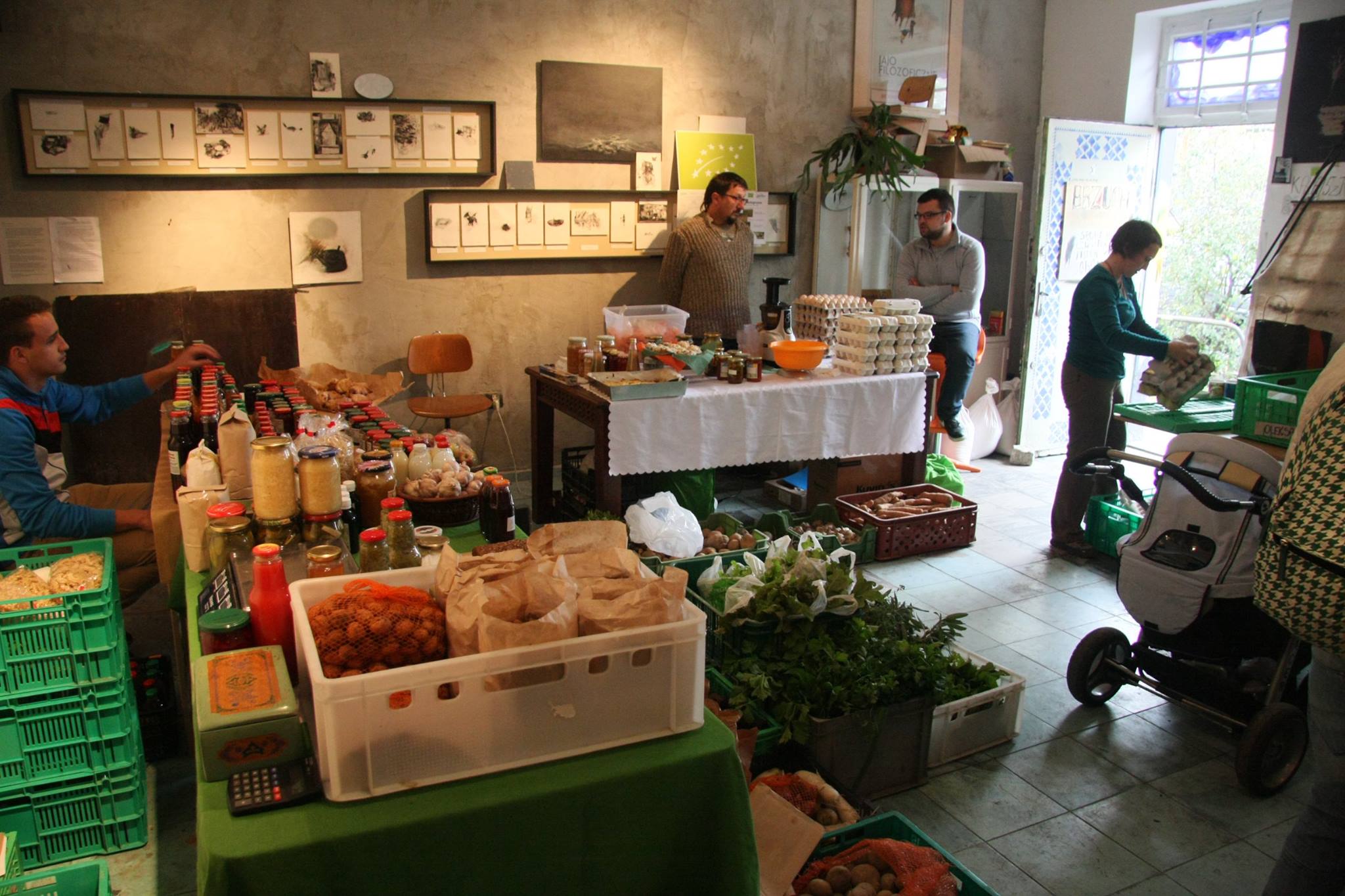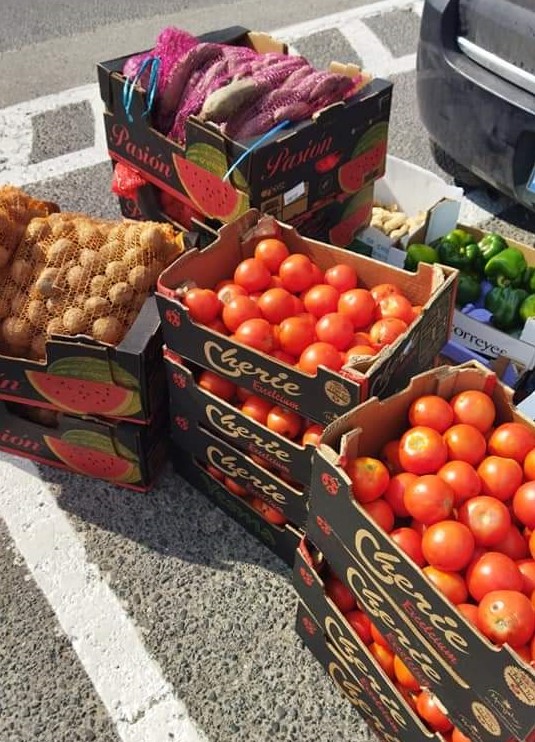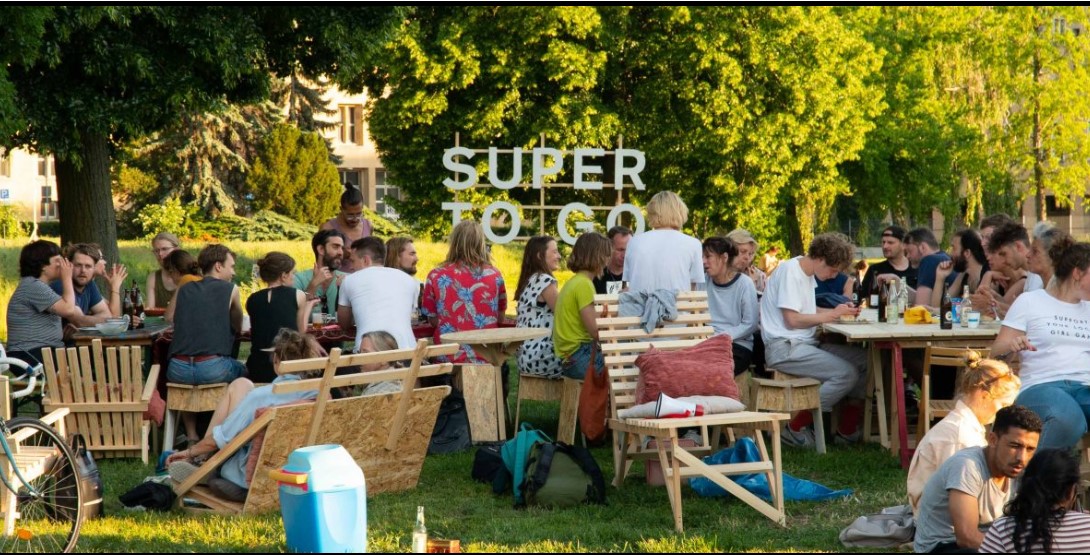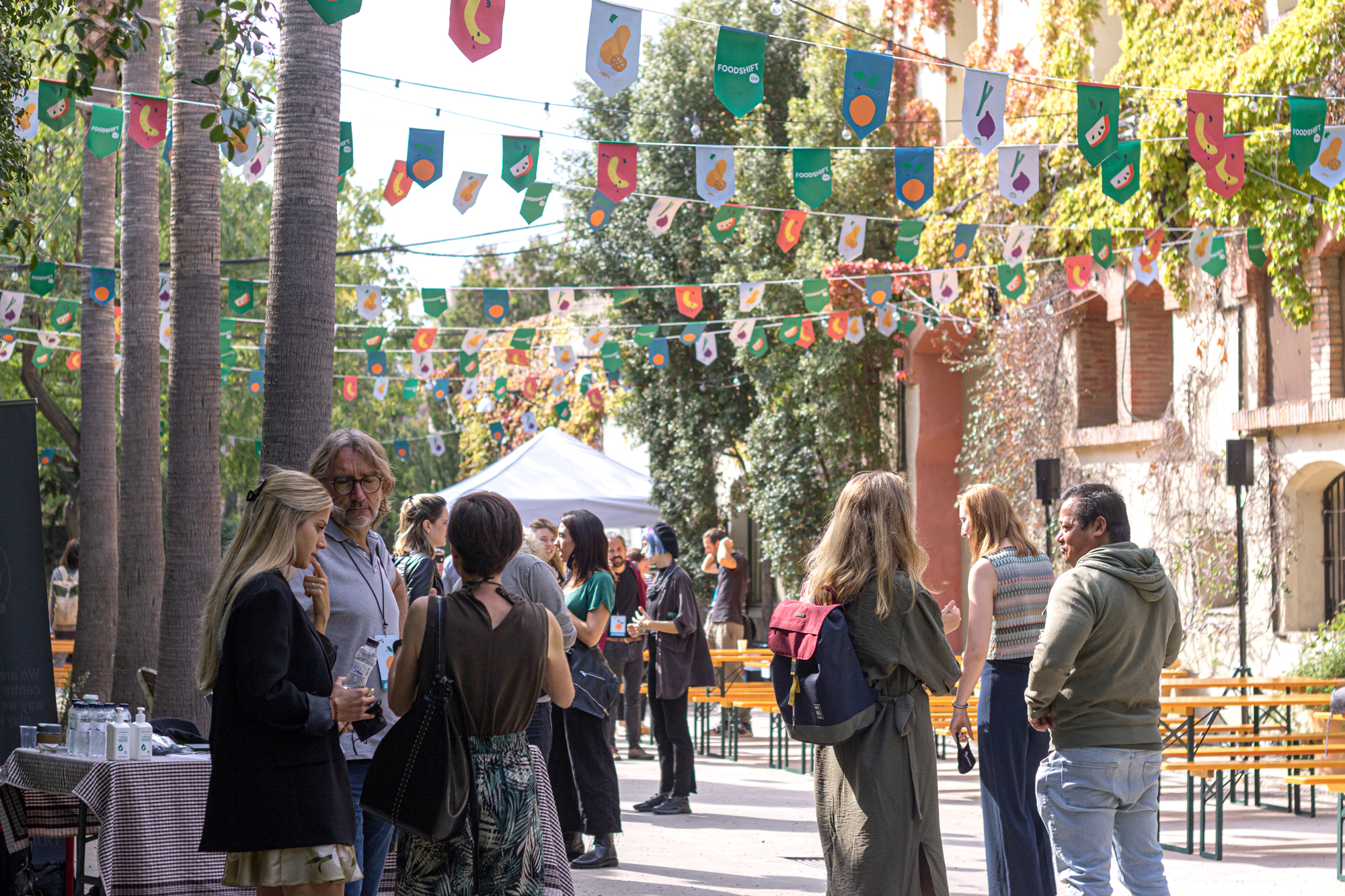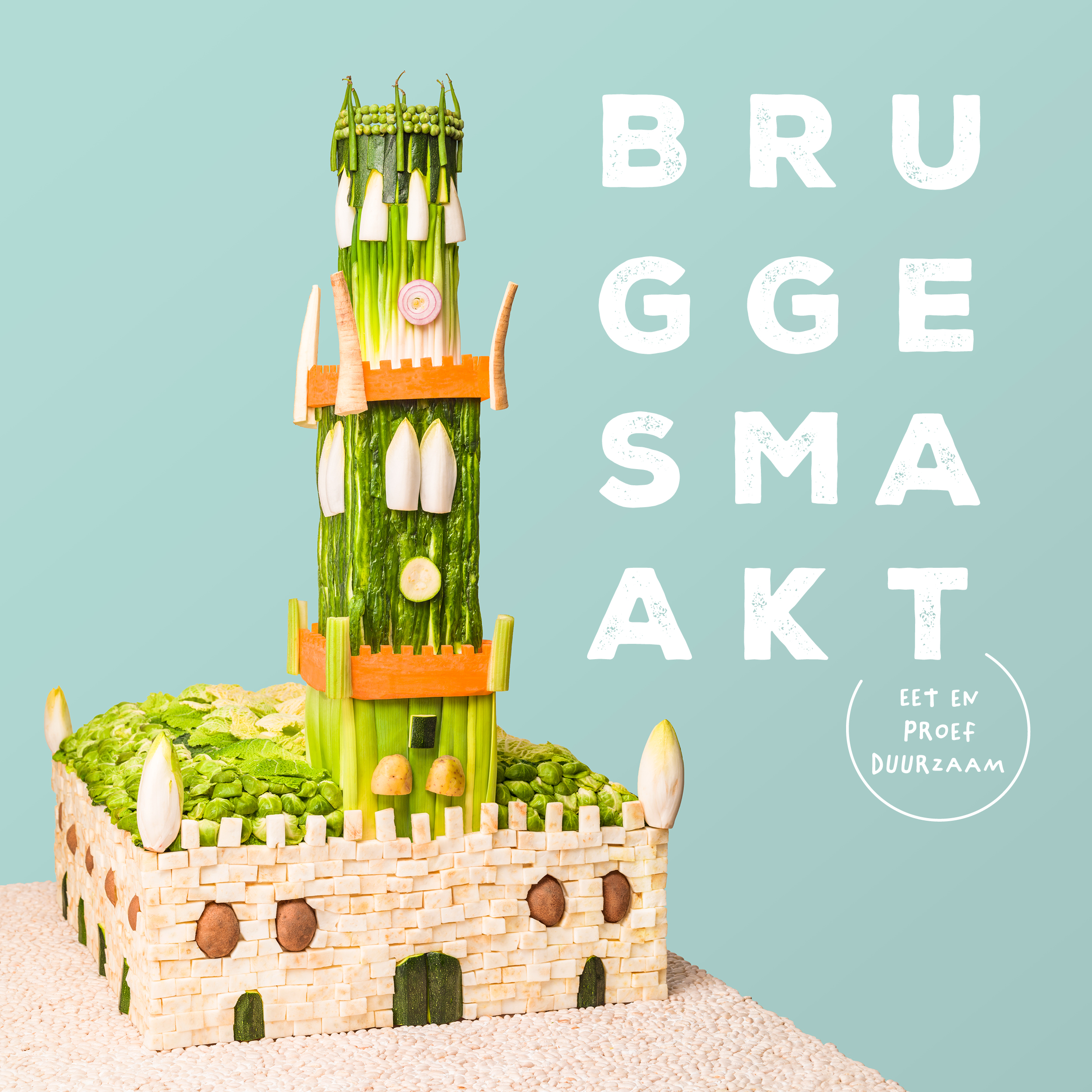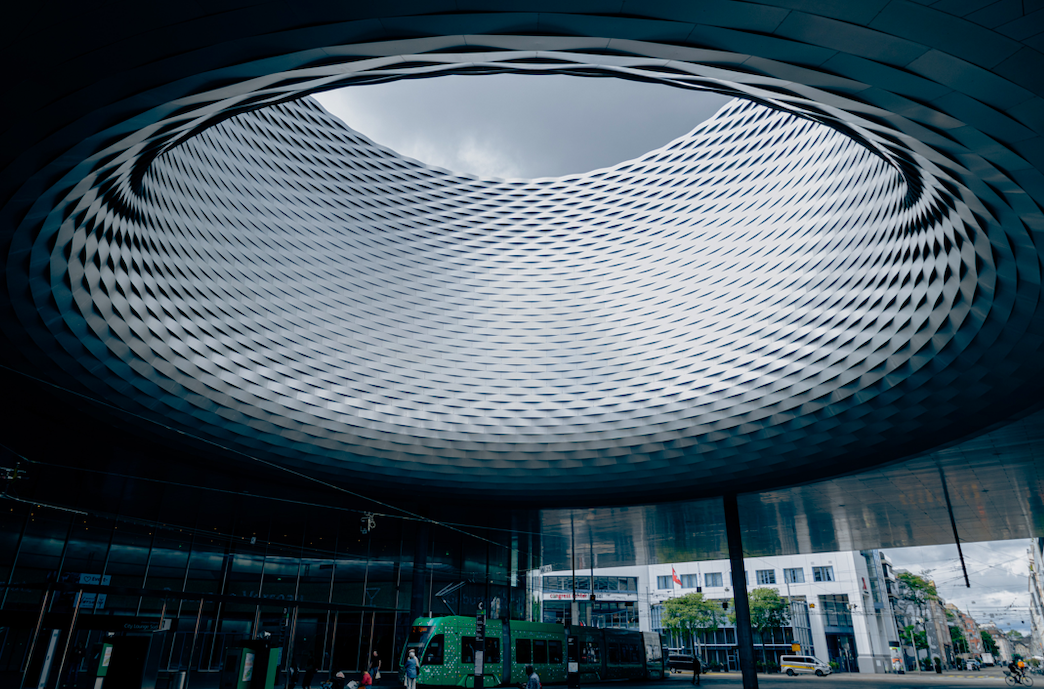Sint Andreas Secondary School
22 August 2022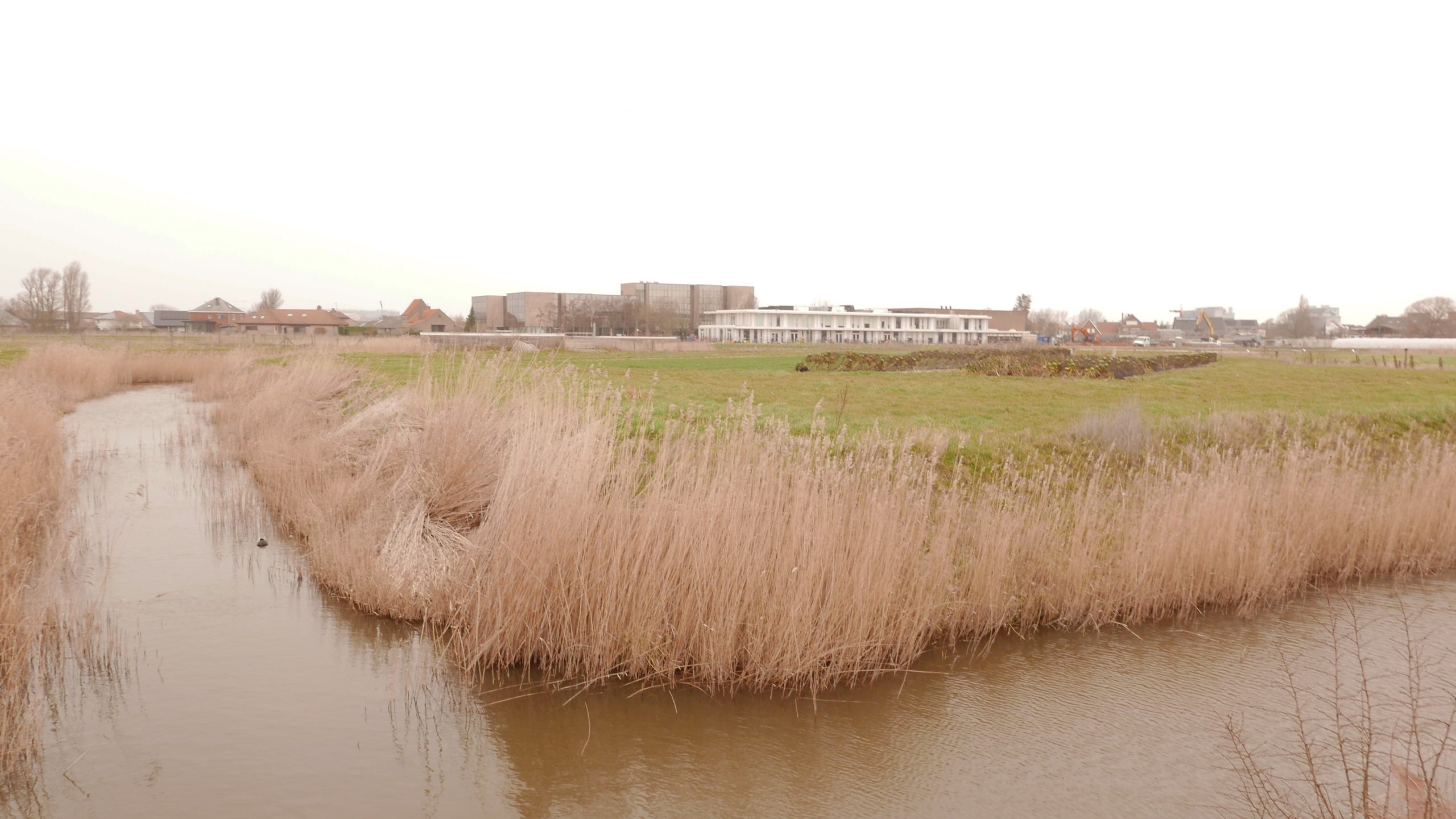
Sint Andreas Secondary School
Oostende, Belgium
THE INNOVATION:
The Sint Andreas school (secondary school) cooperates with the Gardens of Stene (GoS). As the agricultural land of GoS lacks water in the summer, the school will provide GoS with water to irrigate the land of the farmer. In particular, the school will divert the rain water collected on their roof to the GoS. The school is located next to the GoS allowing the students to have their lunch in green surroundings. Some outdoor classes or meetings are also organized in the pergola of GoS. Because the strategic position of GoS, it offers also great potential for outdoor agricultural education (i.e., participation of school children in the CSA linked to education).
LOOKING AHEAD:
To utilize the strategic location of the school, it has been suggested that a thematic workshop day could be hosted to teach and inspire students about sustainability, food security and agriculture. This could be hosted on-site at the GoS, and may open doors to collaboration with regional institutes and local authorities (combining).

More Information:
Contact Person: Stefaan Coudenys
Email: [email protected]
Info about the Innovators and the Innovation portraits Catalogue
FoodSHIFT 2030 aims to launch an ambitious citizen-driven transition of the European food system towards a low carbon circular future, including a shift to less meat and more plant based diets. This transition is necessary in order to address the pressing challenges for food and nutrition security, contribute to the EU commitment of reducing GHG emissions by at least 40% by 2030, and revitalize urban-rural linkages and partnerships.
To do so, it establishes FoodSHIFT Accelerator Labs for maturing, combining, upscaling and multiplying existing food system innovations across nine front-runner city-regions. In turn these innovations contribute to the FoodSHIFT vision.
An Innovation Catalogue called “Innovation Portraits” was created to snapshot each of the Food Innovations connected with each of the FoodSHIFT Accelerator Labs (FALs) across the 9 city regions.
Info about the Innovation Portraits Catalogue
The Innovation Catalogue will snapshot each of the Food Innovations connected with each of the FoodSHIFT Accelerator Labs (FALs) across the 9 city regions. Each FAL has a dedicated innovation focus and each chapter will present innovation cases from a particular FAL. For each of the innovations presented, a snapshot of the innovation concept and purpose will be given, alongside the key impacts the innovation has in relation to the FoodSHIFT Impact Pathways and the acceleration ambitions of the innovation.
In addition, each innovation portrait is also categorized according to its Innovation Dimension. These dimensions indicate what kind of innovation is being presented, and where in the value chain it plays a role. This is indicated by these tabs. The dimensions are defined as follows:
Product – Innovations in this category address new or updated products, including quality, safety and market impact.
Process – These innovations are relevant to new technologies for processing, logistical improvements, infrastructure and new/improved services.
Social – Innovations in this category are relevant to changes in behaviour (e.g. consumers/citizens), development of new relationships and inclusiveness.
Governance – The innovations address policy developments, including food planning, subsidies, taxing, certificates & labelling.
Learn more about all the Innovation portraits: https://foodshift2030.eu/meet-the-people-changing-your-food-system/
